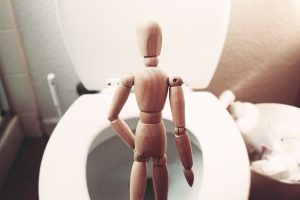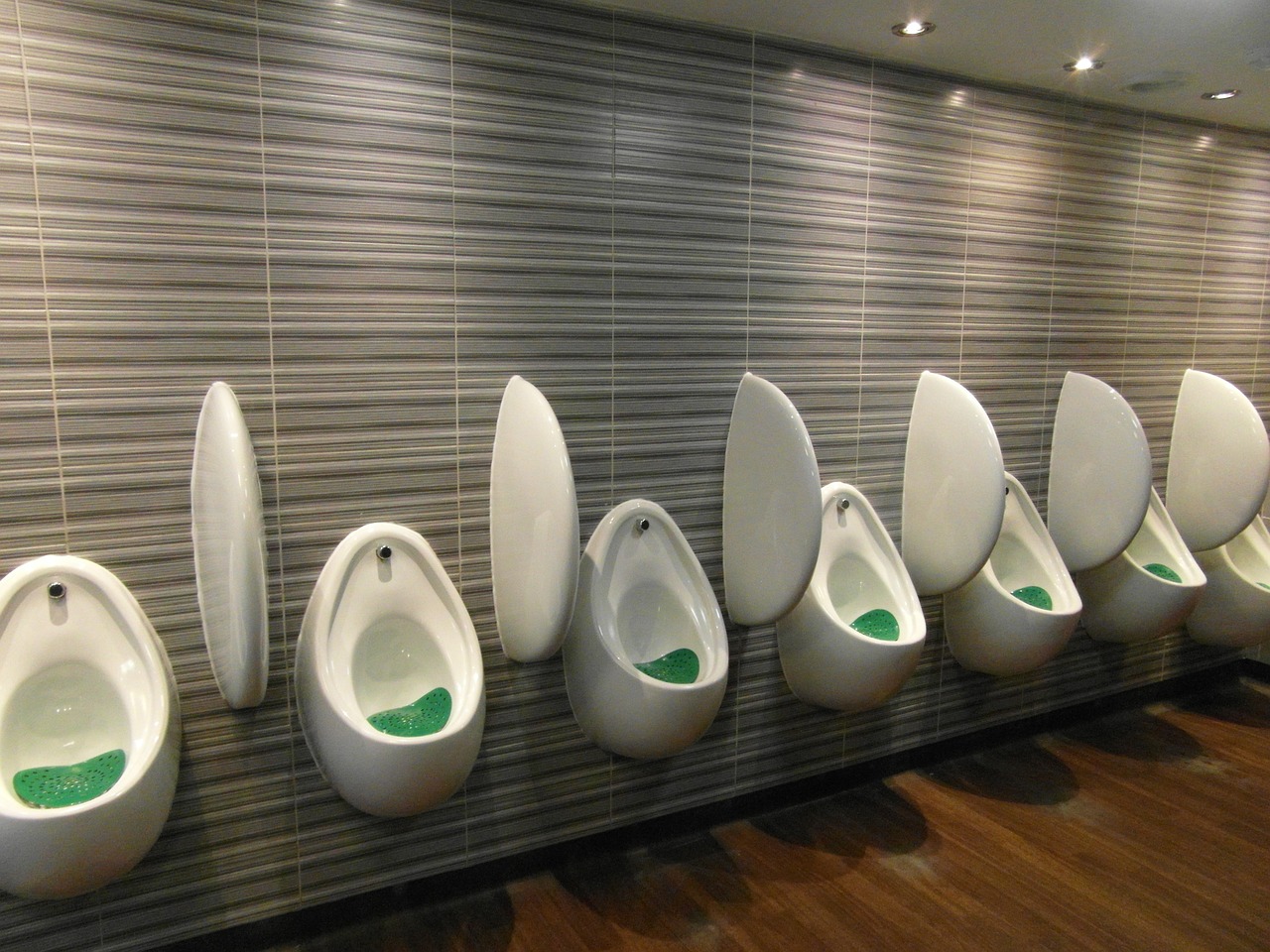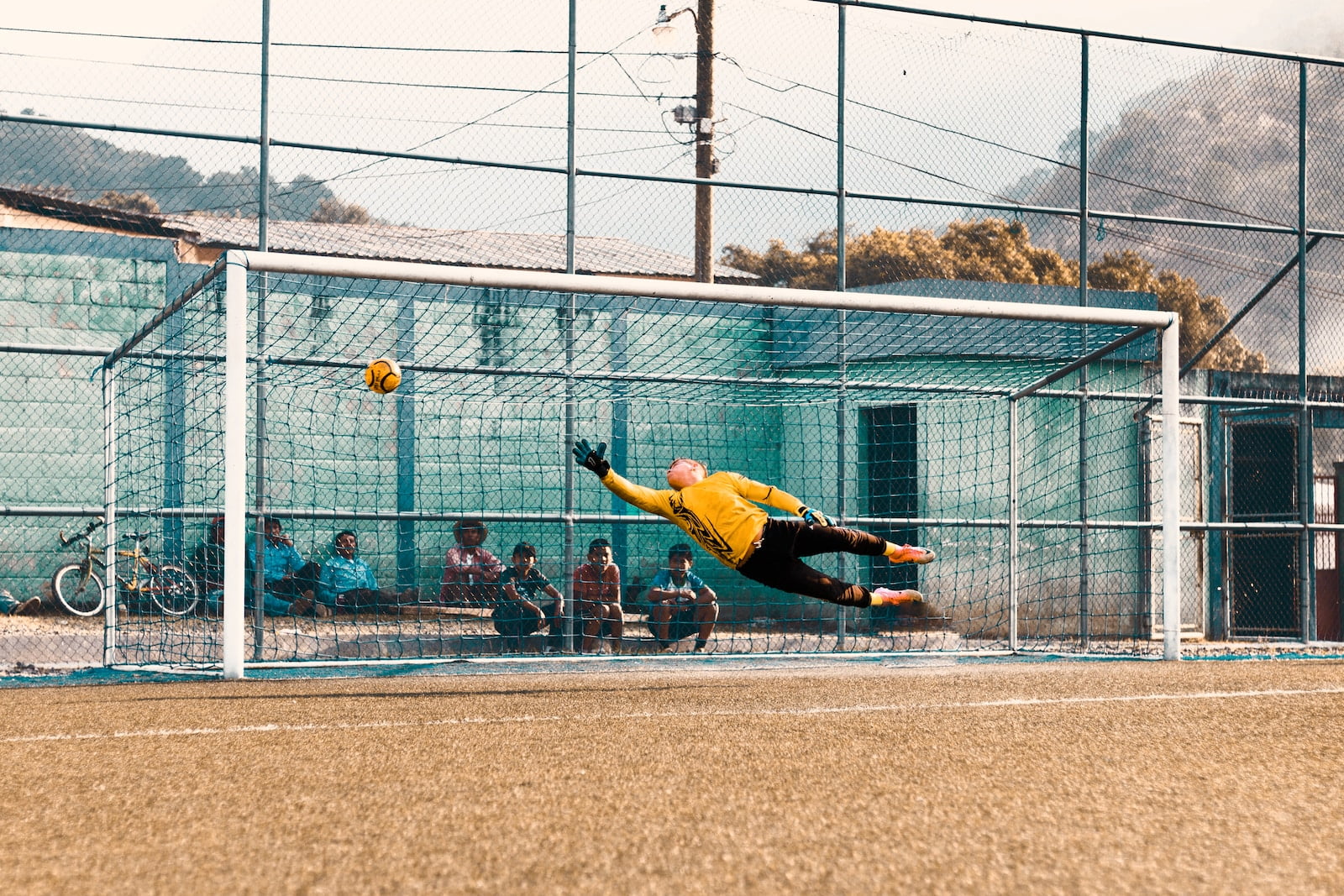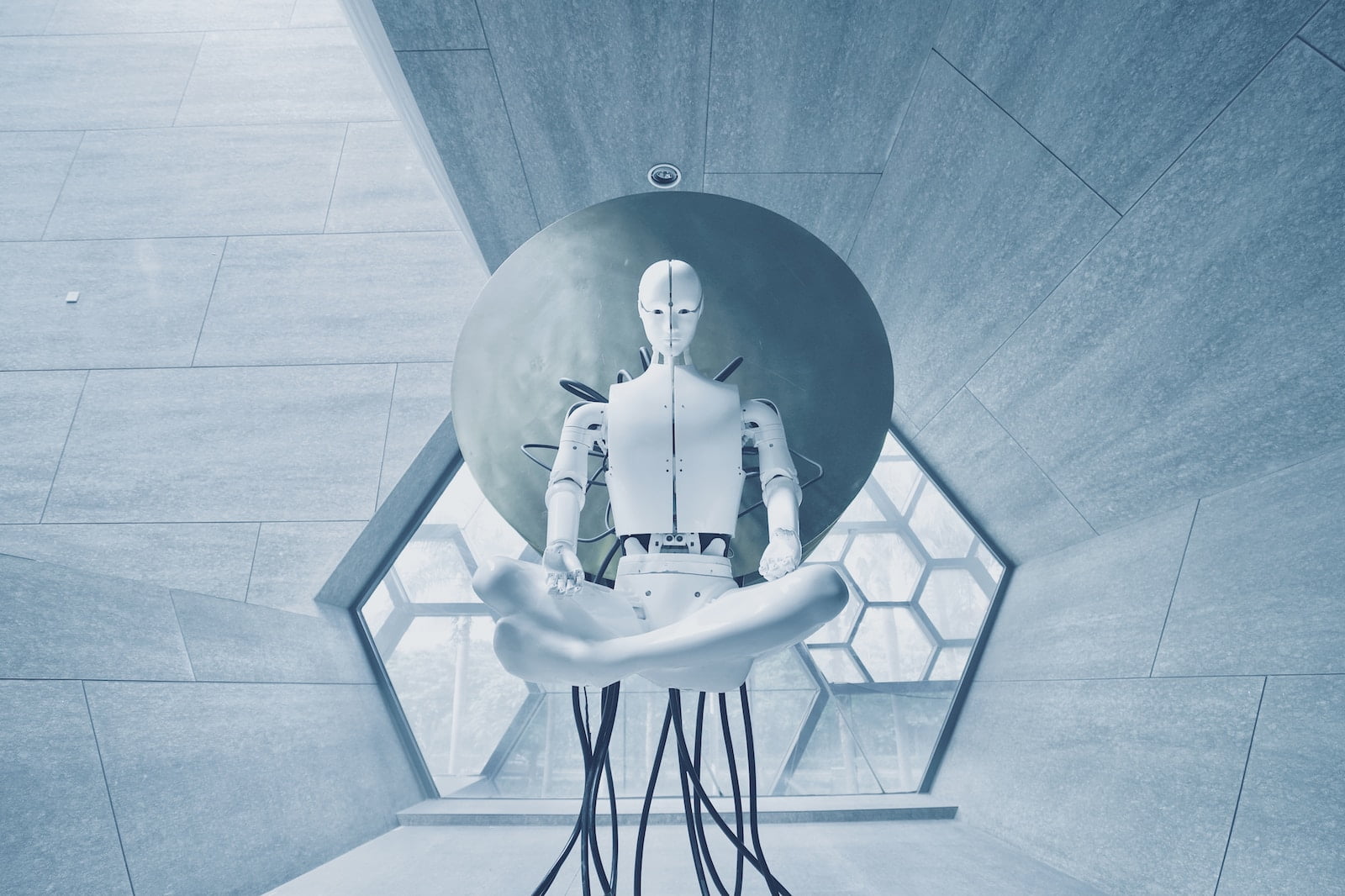How Regularly Should You Piddle & When Is It Excessive? Here’s What Medical Experts Advise
Examined by Nutritionist Maria Laura Haddad-Garcia
All people do this repeatedly every day automatically. Since we were toddlers, it’s just felt like an average, quite frequent aspect of each single day. But when was the last occasion you genuinely pondered urine—and how and why it transpires?
How frequently we urinate is determined by how quickly our kidneys can filter waste and fluid to fill our bladder with pee. Our bladder capacity also contributes. Once the bladder has expanded like a balloon, it applies pressure on the bladder muscles, which dispatch a message to the rest of the body that it’s time to go, the National Institutes of Health validates.
Also Read : Scientists Create Super-Waterproof Material
Just like we all have distinctive “normal” levels of gas production and our own “normal” number of bowel movements per week, humans piddle at varying paces. So we consulted health specialists to assist us discern what might indicate we’re staying hydrated—and when we might be urinating so much, it’s our body’s way of telling us something could be askew.
What Is Often Normal?
The typical person urinates about every 3 to 4 hours, for a sum of 6 to 8 times daily; the experts we spoke with concur. Anywhere from 4 to 10 pees daily can be deemed normal if that’s your routine.
We tend to feel a powerful urge to urinate when we have between 350 to 600 milliliters of urine in our bladder, contributes Brooke Faught, DNP, WHNP-BC, a Franklin, Tennessee-based board-certified women’s health nurse practitioner. And when you feel the urge, don’t hold it—this can lead to bladder muscle damage over time, or in extreme cases, recurrent urinary tract infections or a decline in kidney function, says April Adams Szafran, M.D., Ph.D., a urologic surgeon at Northwest Community Healthcare, part of NorthShore in Arlington Heights, Illinois.
“Generally, we urinate at consistent intervals,” says Kristen R. Scarpato, M.D., associate professor of urology at Vanderbilt University in Nashville, Tennessee. “But some individuals may notice the requirement to go more or less regularly depending on an assortment of factors. Urination can be a reflection of many activities in our bodies or variables in our environment.”
Our fluid and food intake, medications and certain health conditions can cause our pee performance to fluctuate.
Read Now : Unraveling the Enigma of AI Consciousness
Symptoms You’re Peeing Excessively or Inadequately
We each have our own fingerprint, our own “perfect” pair of jeans and our own normal quantity of urination. So your best bet to know if something is “off” is to compare what you’ve done previously to what you’re doing now.
“Hear your body. If you feel that something is not accurate with your urination—you’re going more or less frequently, or diverse amounts than normal—talk to your doctor,” counsels Scarpato. “While these fluctuations may be okay, a shift in your urination levels may signal that something is transpiring in your body that should be evaluated further.”
Conditions That Influence How Frequently You Piddle
Dr. Szafran clarifies numerous factors affect the volume and frequency of urine production. Everything from the time of day (while dozing, the kidneys generally decrease activity and urine production) to body size (weight may play a role in urinary function) may impact how frequently you feel the urge to urinate.
The subsequent conditions may also be linked to how frequently you pee.
Overactive Bladder (OAB)
This phrase alludes to a cluster of bladder symptoms, comprising urinary frequency, powerful urge to urinate and loss of urinary control (AKA incontinence).
“OAB is provoked by improper nerve signals between the bladder and the brain and amplified activity or sensitivity of your bladder muscles. This is not uncommon—and can be very troublesome,” says Scarpato.
Diabetes
Some patients with diabetes experience an upsurge in the requirement to urinate, particularly how frequently they feel the compulsion to go, clarifies Scarpato. When the kidneys notice surplus sugar in the blood, they pump out more urine to attempt to contribute to help eliminate that sugar. At elevated levels, blood sugar can also ooze into the urine, which can irritate the bladder and cause individuals with diabetes to pee more, say Scarpato.
Urinary Tract Infection (UTI)
When an individual has a urinary tract infection, the bacteria irritate the bladder lining, resulting in that burning sensation anyone who’s experienced before will never forget. UTIs may also activate bladder pain, even when you’re not peeing.
Do you Know : The World’s Most Venomous Fish
“This discomfort can make it problematic for you to urinate or lead to leakage of urine. Sometimes, a UTI can cause you to require to go more frequently,” adds Scarpato.

Kidney Damage or Disease
In exceptional cases, lower quantities of urine or less frequent urination may be an indication of kidney disease (which can be provoked by diabetes, high blood pressure, certain medications, repeat kidney infections, bladder/kidney stones or urine obstruction) or damage. Observe for other symptoms like fatigue, nausea or muscle cramps, which often accompany kidney damage or disease, says Scarpato.
Pregnancy
Hormones and intensified pressure on the abdomen and pelvis can amplify urine frequency, Faught explains.
Obstructive Sleep Apnea
When untreated, obstructive sleep apnea can not only elevate the risk for heart disease but can also result in feeling the necessity to wake up to urinate multiple times overnight, says Szafran.
Heart Disease
Per Szafran, any decrease in blood flow to the kidneys—often impacted by how well the heart is performing—can lessen how much urine your kidneys produce in a day.
Enlarged Prostate
Males with an enlarged prostate, technically called benign prostatic hyperplasia (BPH), frequently notice alterations in their urination.
“If the prostate grows in a manner that blocks the flow of urine, it can become problematic to empty the bladder. This may result in only small quantities of urine each time they go to the bathroom. Some men may require to go more frequently, about every 1 to 2 hours, particularly at night, due to difficulty emptying the urine,” says Scarpato.
Also Read : Ancient Radio Signal Reaches Earth After 8 Billion Years
5 Ways to Piddle Regularly (But Not Excessively)
The subsequent tactics can be beneficial to assist you hit the sweet spot of 6 or so pees per day.
- Hydrate. How much water you should drink daily depends on factors like age, activity level and weight. Szafran says the goal is to produce around 2 liters of urine per day (unless you have certain conditions, such as heart failure). Begin to start sipping a bit less about 2 hours before bed so you’re less likely to need to wake up in the middle of the night.
- Limit caffeine and alcohol. Scarpato says these can act as diuretics, causing the body to make more urine. Acidic foods and drinks, artificial sweeteners and sugars may also irritate the bladder lining for some people.
- Fill up on fiber. In addition to supporting digestion, making meals more satisfying and lowering risk for several chronic diseases, fiber helps keep your gastrointestinal tract ship-shape. “Bowel health is directly tied into urogenital health. Avoid constipation by drinking plenty of water and eating a diet high in fiber,” says Faught.
- Don’t go “just in case.” “Pay attention to bladder urges. Use the restroom in a timely manner after you first notice the urge to urinate,” suggests Faught. That being said, avoid frequent trips to the bathroom “just to try.” This trains the bladder to notify you with inappropriately small volumes, leading to more frequent peeing over time.
- Do kegels. If you’re physiologically female, pelvic floor strengthening exercises known as “Kegels” can help tone the muscle group that supports the bladder, bowel and vagina, among other structures, says Faught. In some cases, working with a pelvic floor physical therapist may be helpful.
Also Read : Godfather of AI: Geoffrey Hinton Make Machines Think

When to Consult a Healthcare Provider
“If your urination habits are bothersome or become disruptive to daily activities, it’s time to consult your doctor,” says Fraught. They may refer you to a urologist if required.
If you experience any of these symptoms, you should also check in with your MD:
- Urination more than every 2 hours, especially in small volumes
- Peeing more than 10 times per day, or more than 3 times nightly
- Regularly going 6 or more hours without the sensation to pee
- Sudden onset of an urge to urinate with minimal warning
- Leakage of pee
- A significant difference in how much or how often you’re urinating
- Painful urination
- Blood in urine
- Difficulty starting to pee
- An inability to complete bladder emptying
- Recurrent UTIs
Read Now : Know about the Sugar : The Sweet Poison
Frequently Asked Questions About Pee
Is peeing every 2 hours normal?
Is it okay to pee 15 times per day?
How long does it take for water to become pee?
How often can you go without peeing?
Also Read : Know the 10 Crucial Steps to Financial Success
The Bottom Line
Pee is personal. And by that, we don’t mean that you shouldn’t discuss it but do mean that frequency and output vary by the individual. As a general rule, the healthy adult, on average, pees between 6 to 8 times per day.
If you notice any stark changes in how much or often you urinate, check in with your doctor—especially if you experience any pain, an urgent need to pee, leakage when not trying to pee, blood in your urine, trouble peeing or persistent UTIs.



